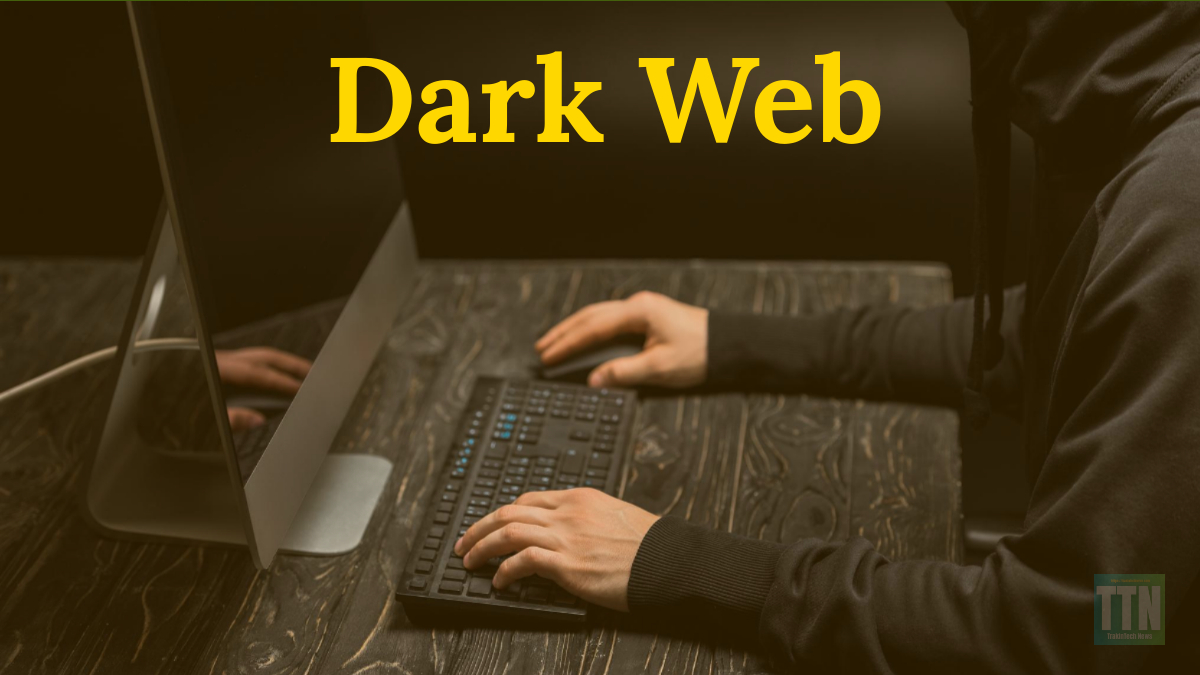The dark web is a hidden part of the internet that is not accessible through traditional search engines. It is often used for illegal activities, such as cybercrime and drug trafficking.
However, the dark web can also be used for legitimate purposes, such as anonymous communication and whistleblowing.
One of the biggest risks associated with the dark web is that it is a haven for stolen data. Cybercriminals frequently use the dark web to sell data from companies that they have gained unauthorised access to through credential stuffing attacks, phishing attacks, hacking, or even leaks from a company insider.
If your data has been compromised and sold on the dark web, it could be used by criminals to commit identity theft, financial fraud, or other crimes. It is important to be aware of this risk and to take steps to protect yourself.
How to check your data on the dark web
There are a few ways to check if your data has been compromised and sold on the dark web. One way is to use a dark web monitoring service. These services scan the dark web for your personal information and notify you if they find it.
Another way to check your data on the dark web is to use a search engine that specialises in searching the dark web. These search engines can be useful for finding specific information, such as your Social Security number or credit card number.
Finally, you can also try searching for your personal information on the dark web manually. However, this can be a difficult and time-consuming process, and it is not always reliable.
What to do if your data has been compromised
If you find that your data has been compromised and sold on the dark web, there are a few steps you should take immediately. First, you should change all of your passwords, especially your passwords for financial accounts and social media accounts.
You should also contact the credit bureaus and place a fraud alert on your credit report. This will make it more difficult for criminals to open new accounts in your name.
Finally, you should monitor your credit report and bank statements closely for any signs of fraudulent activity.
How to protect yourself from data breaches
The best way to protect yourself from data breaches is to be careful about what information you share online. You should only share your personal information with trusted websites and businesses.
You should also use strong passwords for all of your online accounts and enable two-factor authentication whenever possible.
Finally, you should keep your software up to date. Software updates often include security patches that can protect your devices from known vulnerabilities.
Additional tips for protecting your data
- Be careful about what information you share on social media.
- Use a password manager to generate and store strong, unique passwords for all of your online accounts.
- Enable two-factor authentication whenever possible.
- Be careful about what links you click on in emails and text messages.
- Keep your software up to date.
Conclusion
Checking your data on the dark web is an important step in protecting yourself from identity theft and other crimes. By following the tips in this article, you can learn how to check your data and take steps to protect yourself if your data has been compromised.






